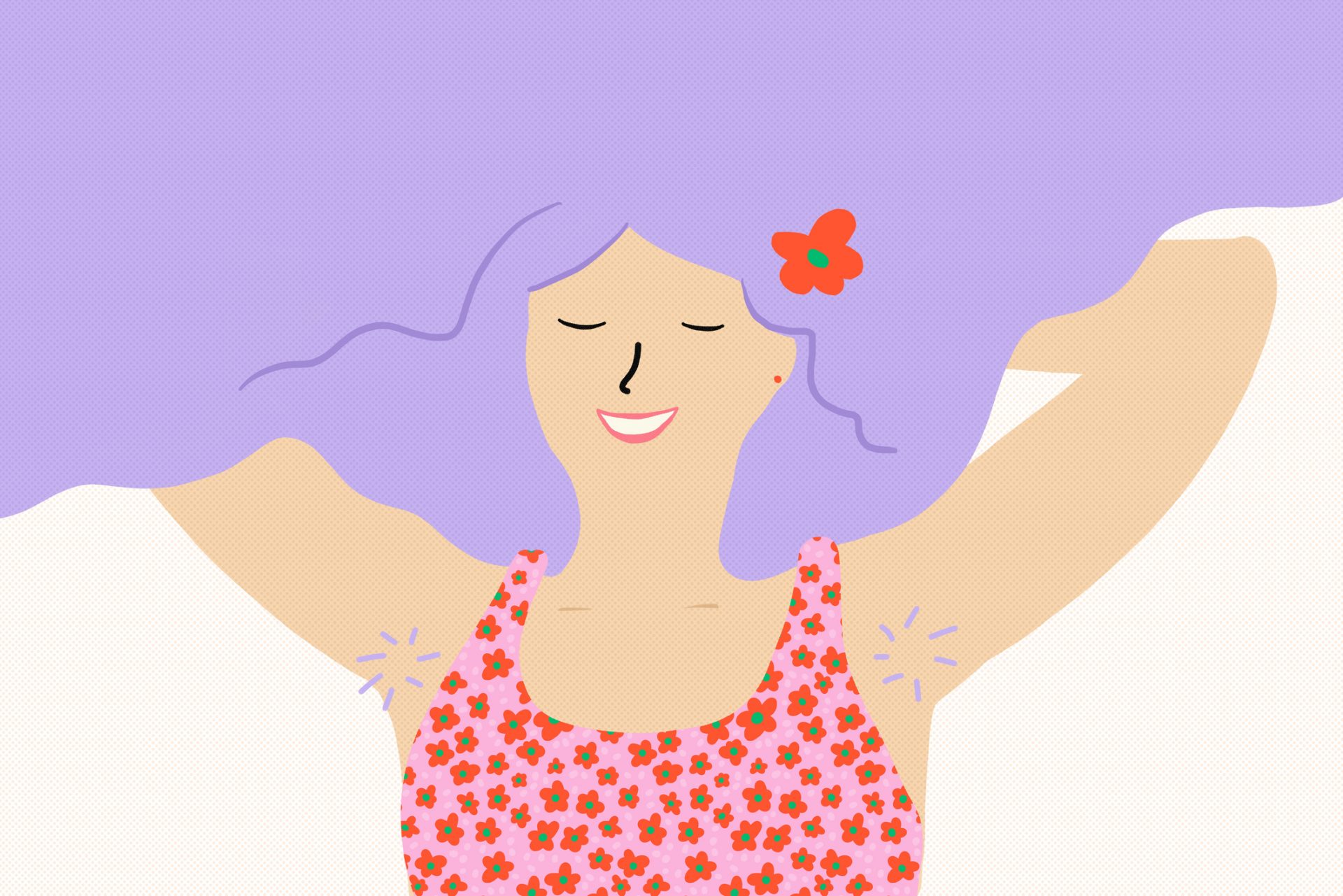Written by Amy Beecham
Fascinating new research suggests that it’s psychologically possible to train yourself to be happier.
Human emotions are complex, but we’re often guilty of oversimplifying them. If you’ve ever been on the receiving end of a well-meaning but misguided “Don’t worry, be happy” or “Try not to worry”, you’ll understand.
Because when we talk and think about happiness as a general outlook, we tend to sort people into two camps: “glass half full” and “glass half empty”. For a long time, even psychologists have considered personalities as one or the other, but as new research has found, this may not be the case.
According to University of California Berkeley researchers, it’s actually possible to actually learn new ways to activate your feelings of engagement in a positive experience.
Put simply: it’s technically possible to teach yourself to be happier.
According to the researchers, people’s ability to get the most out of positive experiences can indeed be strengthened through training. This means learning to savour positive experiences in order to experience them in a heightened way.
As Psychology Today explains, the idea behind the model is that by learning to engage in a positive experience, you develop a greater sense of resilience and self-worth. “These feelings help to create an “upward spiral” in which good times build on themselves, further enhancing your happiness,” it explains.
“Even when ‘external supports and familiar activities are less available’, such as those restrictions in effect during the Covid-19 pandemic, you ‘are left internally with whatever psychological resources’ you’ve managed to acquire.”
Good news indeed for anyone currently self-isolating or dealing with the continued uncertainty of the Omicron variant.

How the HEAL model works
There are four distinct steps.
1. Have the enjoyable experience.
This can be done physically, by doing it, or mentally, by conjuring it up, such as thinking about someone who cares about you.
2. Enrich the experience through these sub-steps
Then, the research suggests, the key is to enrich the experience by making it as long-lasting as possible, and keeping it active in your consciousness.
“Focus on multiple aspects of the experience, including its meaning, your perceptions and sensations, the way it feels and taking action.Increase the novelty of the experience so that it sticks out more in your mind and heighten the personal relevance of the experience by delving into your feelings about it.”
Then, the experience can be intensified through “up-regulating” your emotions, or reliving the parts that feel good.

3. Absorb the experience
This involves making a deliberate effort to internalise it so that it feels like a part of you.
“Turn attention inward to your emotional state and highlight the reward value of the experience.” For example, after a night out with friends, spend some time reflecting on how socialising made you feel, what particular parts you enjoyed and what you gained from the experience.
4. Link positive and negative material
Of course, there are plenty of experiences in our lives that we might struggle to attach positive meaning to, from a parking ticket to experiencing grief and loss.
“Focus on something positive even while you’re aware of negative material in the background,” suggest the researchers. “For example, become more involved in the film you’re watching while still noticing that your dread of the coming work day continues to persist. The positive should ultimately drown out the negative in this step.”
How to become happier in your own life
It goes without saying that no research, this included, is a magic bullet to improving wellbeing, tackling depression and helping balance our emotions in such difficult times. But it does offer the possibility of being able to learn new ways of experiencing the good times in your life.
“Fulfilment may not come naturally to you, but by letting the enjoyable experiences change you at a deeper level, those good times can become both more frequent and more long-lasting,” Psychology Today explains.
So whether you’re gearing up for New Year’s Eve celebrations, practising some much-needed self-care or planning some time off from the chaos of the world, maybe one thing we can all resolve to do is to stop and smell the roses from time to time?
Images: Getty
Source: Read Full Article
